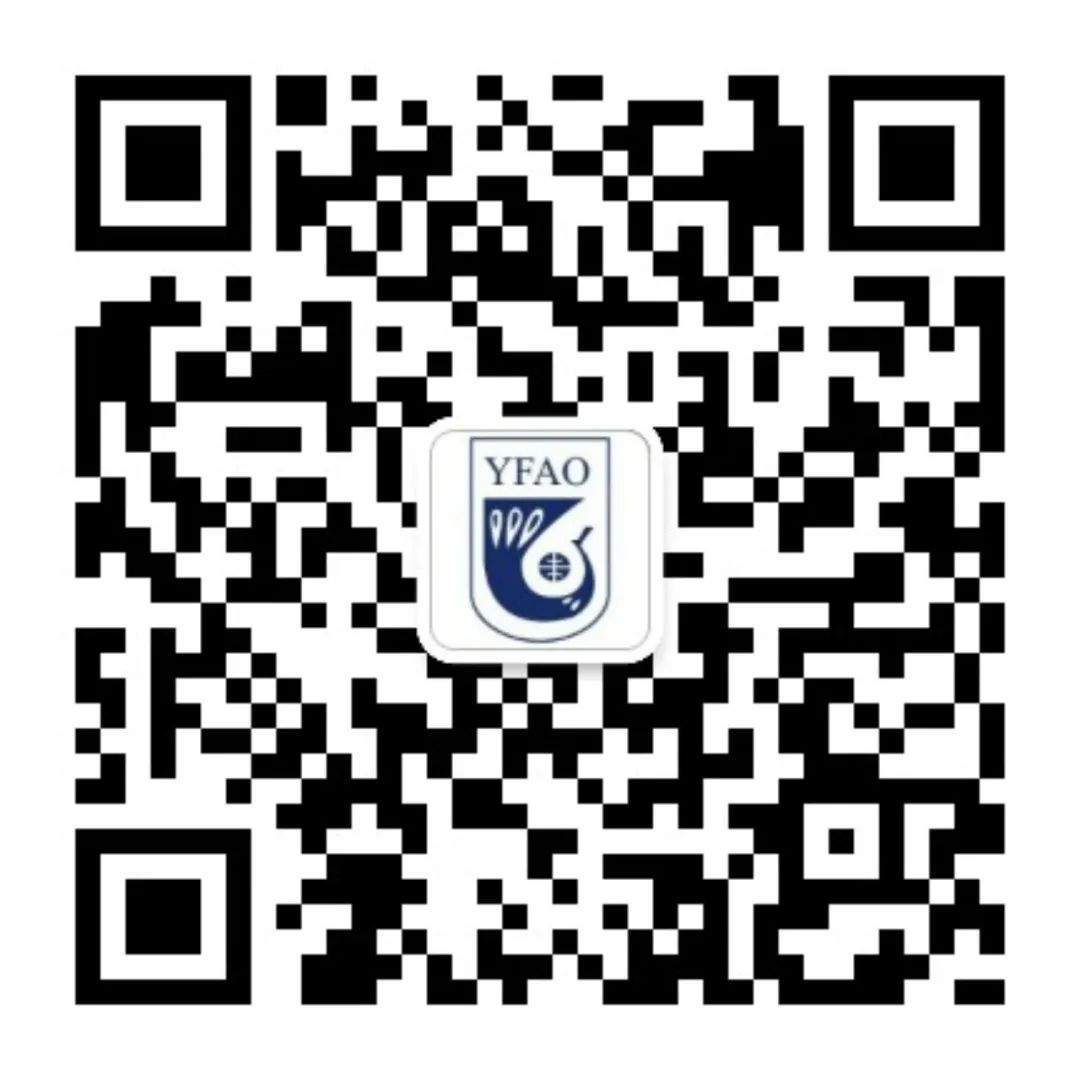Member Zhou Chunling: Helping "people-to-people diplomacy" to boost the construction of the "Belt and Road"
People's Political Consultative Conference, Beijing, March 10th (Reporter Hu Jingchun)In At the Second Session of the 13th National Committee of the Chinese People's Political Consultative Conference, Zhou Chunling, a member of the National Committee of the Chinese People's Political Consultative Conference, called for support for "non-governmental diplomacy" and the construction of the "Belt and Road Initiative".
Zhou Chunling believes that the current international situation is full of uncertainties, facing unprecedented The changing situation calls for people-to-people diplomacy to give full play to its unique advantages such as flexibility, multiple channels, and wide coverage, so as to gain more room for maneuver for government diplomacy, better fulfill the mission of "making friends for the country", enhance people's friendship, promote state-to-state relations, and promote international cooperation In the five years since the "Belt and Road" initiative was proposed, it has achieved world-renowned results. These achievements are not lacking in the contribution of non-governmental diplomacy, and it is necessary to continue to make efforts in non-governmental diplomacy to promote the "Belt and Road" cooperation.
Zhou Chunling pointed out that although my country's "people-to-people diplomacy" in the new era is showing a positive situation , but there are still some shortcomings and problems, mainly the lack of policy guidance and overall planning for people-to-people diplomacy work, insufficient organization, coordination and guidance of people-to-people diplomacy forces, insufficient attention and investment in the platform and capacity building of people-to-people diplomacy, and so on. It cannot fully meet the needs of major-country diplomacy with Chinese characteristics in the new era.
How to further support the development of people-to-people diplomacy and better contribute to the construction of the "Belt and Road" ? Zhou Chunling suggested that the country study and formulate a series of non-governmental foreign policy regulations to provide norms and protection for non-governmental diplomacy in terms of legal sources, so that non-governmental diplomacy has laws to follow and rules to follow. From the top-level design at the national level, research and formulate medium- and long-term development plans for non-governmental diplomacy, highlight work priorities, focus on the "Belt and Road Initiative", serve national strategies, and benefit people all over the world.
Zhou Chunling proposed to strengthen the functions and responsibilities of specialized agencies and establish a cross-departmental coordination mechanism. The foreign affairs department has added a non-governmental diplomatic professional communication window, equipped with professionals, and communicated information in a timely manner, so that the non-governmental and official communication can be standardized, convenient and efficient. Support domestic chambers of commerce and professional associations with a good foundation and great potential, establish counterpart chambers of commerce and associations with countries and regions along the “Belt and Road”, regularly hold exhibitions and sales activities, professional mutual visits, various forums, etc., to expand communication channels. Strengthen the construction of Chinese-funded chambers of commerce in countries and regions along the "Belt and Road", guide "going global" enterprises to standardize their business operations, consciously fulfill their diplomatic responsibilities, participate in international activities extensively, spread the voice of China, tell Chinese stories well, and display China's image well.
Zhou Chunling also suggested that the country introduce a registration system for non-governmental diplomatic institutions to strengthen the , Organize and standardize management, and achieve the goal of being scattered but not chaotic, numerous and orderly. It is recommended to establish a regular training system to provide professional skills training and policy guidance to non-governmental diplomatic agencies and key figures, so as to improve professional and civilized quality.





 Internal working platform of Yunnan Association for Friendship with Foreign Countries
Internal working platform of Yunnan Association for Friendship with Foreign Countries 

